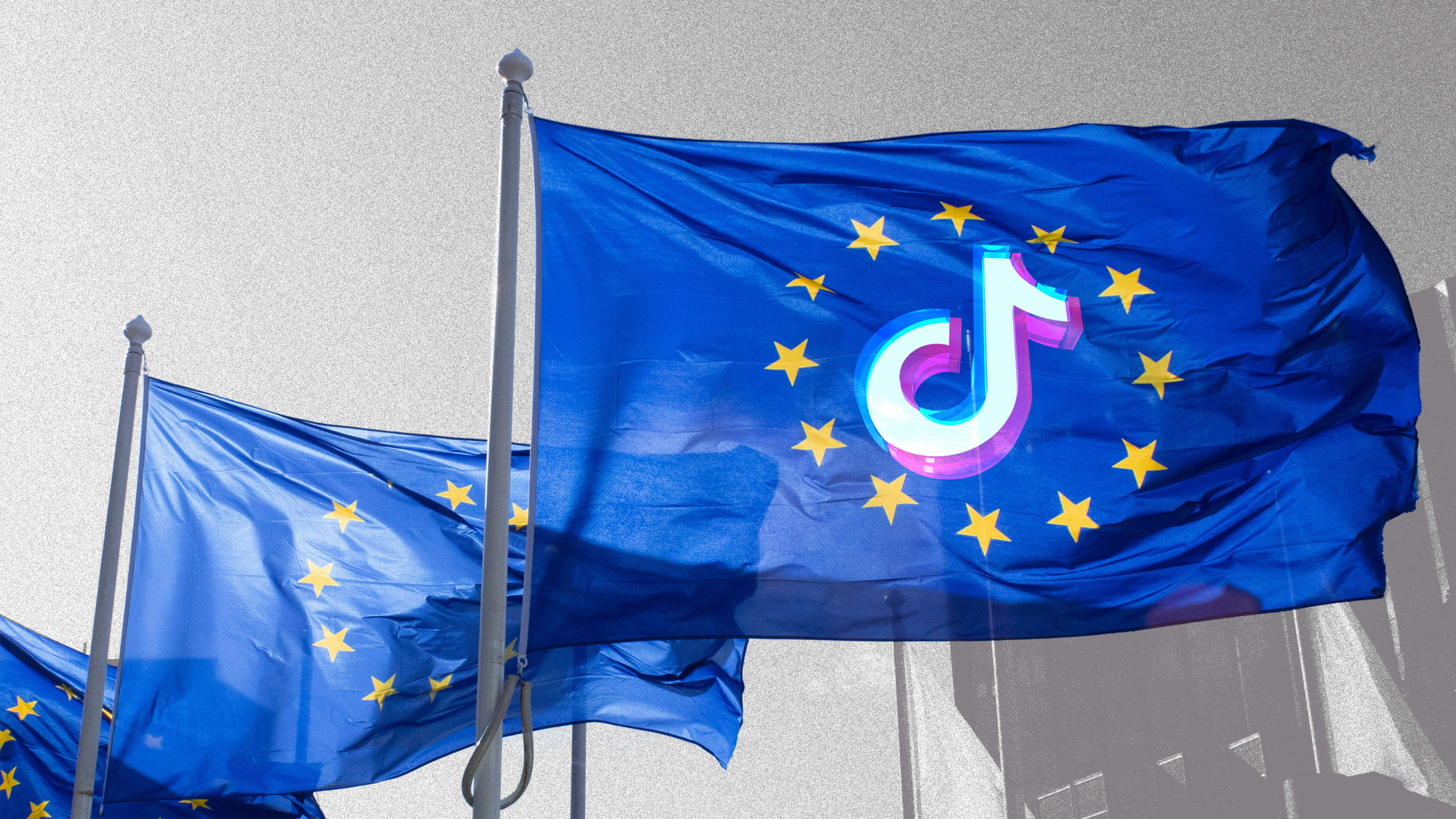You probably saw the news that TikTok’s time could be up in the U.S., with a nine-month countdown triggered by the signature of a bill that would require TikTok’s parent company ByteDance to divest the app by Joe Biden. But while the U.S. TikTok ban could likely be batted down in court, an equally consequential decision has hit the app in Europe.
On Monday, the European Union said it was opening an investigation into TikTok under its internet safety-focused Digital Services Act (DSA) over the launch of TikTok Lite in France and Spain.
TikTok Lite is TikTok’s sister app, designed to reward users for carrying out “tasks” on TikTok—such as liking videos, or inviting friends to join the app. Those rewards are paid out in the form of in-app points that can be used to buy gifts for creators on the main TikTok app.
That warning to TikTok was handed down on Monday. By Wednesday, TikTok had acceded to the EU’s demands.
In a statement, a TikTok spokesperson said: “TikTok always seeks to engage constructively with the EU Commission and other regulators. We are therefore voluntarily suspending the rewards functions in TikTok Lite while we address the concerns that they have raised.”
It’s the first big win for the EU’s beefed up anti-tech regime, which can levy enormous fines for any breach of the DSA, says Mathias Vermeulen of European law firm and consultancy AWO. “It demonstrates that you don’t need a sledgehammer to counter the risks posed by platforms, such as a mandatory divestment-or-ban bill; instead, you can use much more precise tools that better respect freedom of speech,” he says. “For platforms, the era of moving fast to break things is over now. ‘Measure twice, cut once’ is the new law of the land in the EU.”
The case against TikTok is an indication that European authorities aren’t going to think twice about using the full force of power they’ve been given under the DSA. And TikTok’s speedy reaction to neuter an app that it had seen as a key way to acquire more users shows that the European law has bite, as well as bark.
“This most recent investigation can be seen as a good case study to test the DSA, particularly when it comes to better understanding systemic risks,” says Catalina Goanta, associate professor in consumer law and tech at Utrecht University.
For Anupam Chander, professor of law at Georgetown University, the timing of the two approaches to crack down on TikTok invite comparisons—ones that don’t play favorably for the U.S. model of outright banning. “The EU approach is more sensible, putting faith in regulators rather than seeking to place faith in new owners,” he says. “Of course, we need to be cautious about regulators as well. But the U.S. action is more draconian.”
But that doesn’t mean the EU action is any less impactful. “After apparently failing to do its homework TikTok now did the smart move of proactively suspending TikTok Lite, thereby avoiding the potentially more stringent actions against the company by the European Commission,” says Vermeulen.
Recognize your brand’s excellence by applying to this year’s Brands That Matter Awards before the early-rate deadline, May 3.
